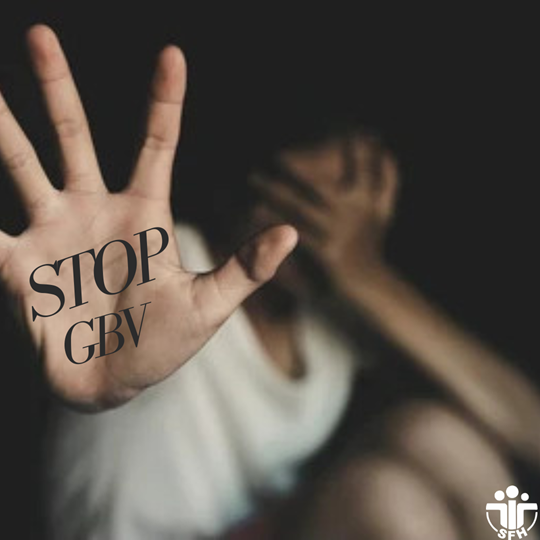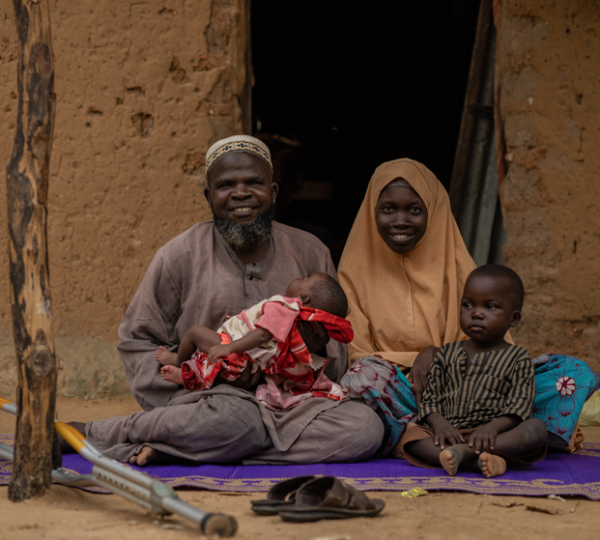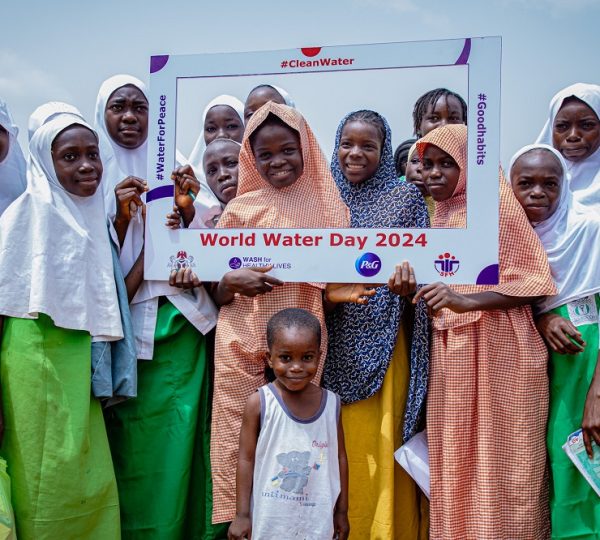How the RIHHWID Project is Shifting the Needle for Women who Inject Drugs
By Elizabeth Ogundele
Queen (pseudonym) started injecting drugs when she was just 15 years old. She had been admitted to a psychiatric hospital for depression and prescribed medication for the condition. Unfortunately, this led to her becoming dependent on drugs, and she continued to use them for the next 15 years of her life.
Throughout her life, Queen faced numerous challenges. She grew up without her mother’s presence and her family, who were previously supportive, rejected her due to her drug addiction, leaving her no longer welcome home. This forced her to live in unstable housing conditions such as bunks, uncompleted buildings, and motor parks, and exposed her to sexual and gender-based violence (SGBV) from everyone, including the police.
Compounding her struggles, Queen had to face the anguish of getting pregnant three times and being forced to give up each of her children. To exacerbate the situation, she had difficulty accessing life-saving healthcare and GBV services, making it challenging for her to get the help she needed.
Unfortunately, many women who inject drugs face similar challenges or even worse situations, as they are particularly vulnerable to medical, legal, economic, and social consequences; gender-based violence; losing custody of their children; and high levels of stigma, both from the general public and from the community of people who use drugs.
Globally, out of an estimated 15.6 million people who inject drugs, 3.2 million are women. In Nigeria, 14.4% (14.3 million) of people between 15 and 64 years use drugs, and an estimated 80,000 of them inject drugs. Among those who inject drugs, 22.5% are women, according to the 2017 National Survey on Drug Use and Health.
Women who inject drugs in Nigeria face a range of unique challenges that threaten their health and well-being and are often overlooked within the larger drug-using population.
Compared to their male counterparts, women who inject drugs are at higher risk of experiencing a range of health-related harms and mortality, including HIV and STIs, as a result of needle sharing and high-risk sexual behaviour. Additionally, they are more prone to injection-related injuries, mental health conditions, physical and sexual abuse, poor sexual and reproductive health, and widespread stigma and discrimination, which further marginalizes them.
Harm reduction programmes, most of which are primarily designed generically, often fail to meet the unique needs of women who inject drugs. Consequently, women who inject drugs often lack access to gender-sensitive harm reduction and critical healthcare services.
To bridge these gaps, SFH is implementing the ViiV Healthcare-Funded Reducing the Incidence of HIV and Hepatitis among Women who Inject Drugs (RIHHWID) project in Abia, Gombe, and Oyo States to reach women who inject drugs and provide them with the gender-sensitive services they need.
The RIHHWID project provides a comprehensive gender-sensitive harm reduction package including community-based HIV, TB, and viral Hepatitis services in order to reduce the incidence of new HIV and Viral Hepatitis infection, mortality, and morbidity due to HIV/AIDS and Hepatitis among Women who Inject Drugs (WID) in Abia, Gombe, and Oyo states. Through the project, SFH is scaling access and use of needles and syringes exchange services among WIDs, and creating an enabling legal and service delivery environment that promotes harm reduction and stigma reduction among WIDs.
From September 2022 to date, 6264 women who inject drugs (WIDs) have been reached and linked to HIV prevention services in Abia, Gombe and Oyo States. Out of these, 4974 WIDs have received access to HIV testing services, and 48 WIDs received HIV treatment services. In addition, 3074 WIDs have been screened for Hepatitis C, and 2782 WIDs have been provided with NSP.
Thanks to the RIHHWID Project, hundreds of women who inject drugs have access to harm reduction services in their communities and are leading healthier lives. Society for Family Health is committed to expanding its reach and providing even more Women who Inject Drugs with comprehensive HIV and hepatitis services. Learn more about the work we do and how you can get involved here.





